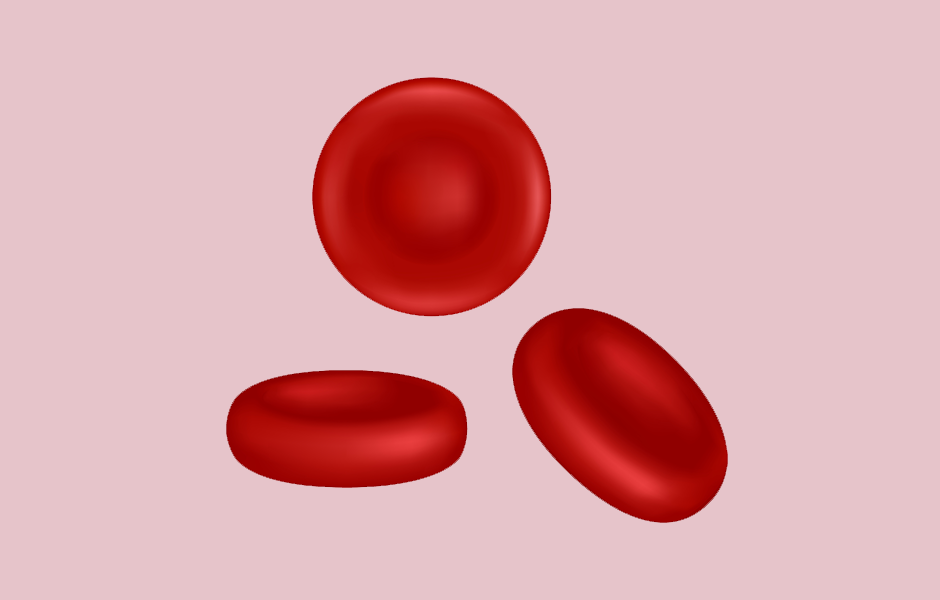Words by Jade Williams
Roche has secured European Commission approval for its drug crovalimab, marking a significant advancement in the treatment landscape for paroxysmal nocturnal haemoglobinuria (PNH).
The treatment is now the first therapy in the EU for this rare blood disorder that can be administered by monthly subcutaneous injection, positioning it as a more patient-centered alternative to existing treatments and increasing patient autonomy.
This approval expands crovalimab’s global footprint, following successful launches in China, Japan and the US. As the treatment is the first of its kind available for monthly self-administration at home, this approval could present a strong challenge to established PNH therapies – particularly those requiring more frequent clinic visits.
PNH is a rare and life-threatening haematological condition characterised by the destruction of red blood cells by the complement system, leading to serious complications such as anaemia, thrombosis and potential kidney damage. Traditional treatment options, such as C5 inhibitors, require frequent intravenous infusions, placing potential burden on patients, their families and healthcare providers.
The drug’s approval is based on results from the COMMODORE 2 trial, which demonstrated that monthly subcutaneous administrations were as effective as bi-weekly intravenous administrations of the standard market treatment – while also reducing the need for blood transfusions.
Commenting in a press release, Levi Garraway, Chief Medical Officer, Roche, said that the approval “brings a new option to the PNH treatment landscape, combining the disease control achievable through C5 inhibition with a cutting-edge recycling technology that enables monthly subcutaneous administration”.
Garraway went on to note that Roche is “pleased to bring this new treatment to people with PNH in Europe with the hope it may lessen the treatment burden faced by many living with this condition”.
Roche’s treatment is being investigated in an extensive clinical development program, encompassing five Phase III studies and three earlier phase trials focused on complement-mediated diseases, including PNH, atypical haemolytic uremic syndrome and sickle cell disease.









